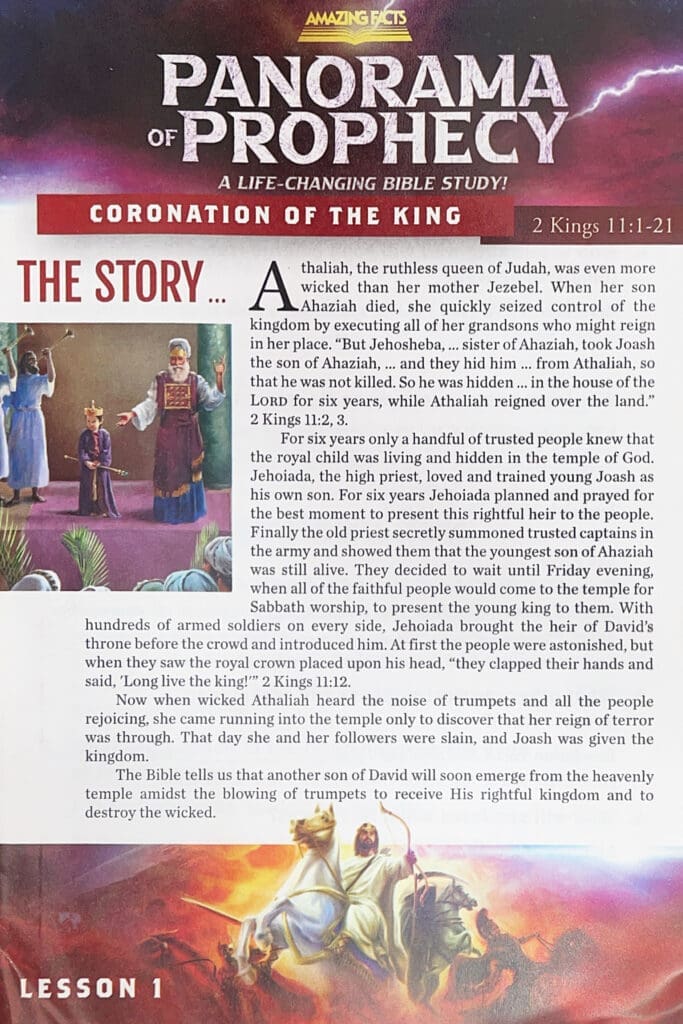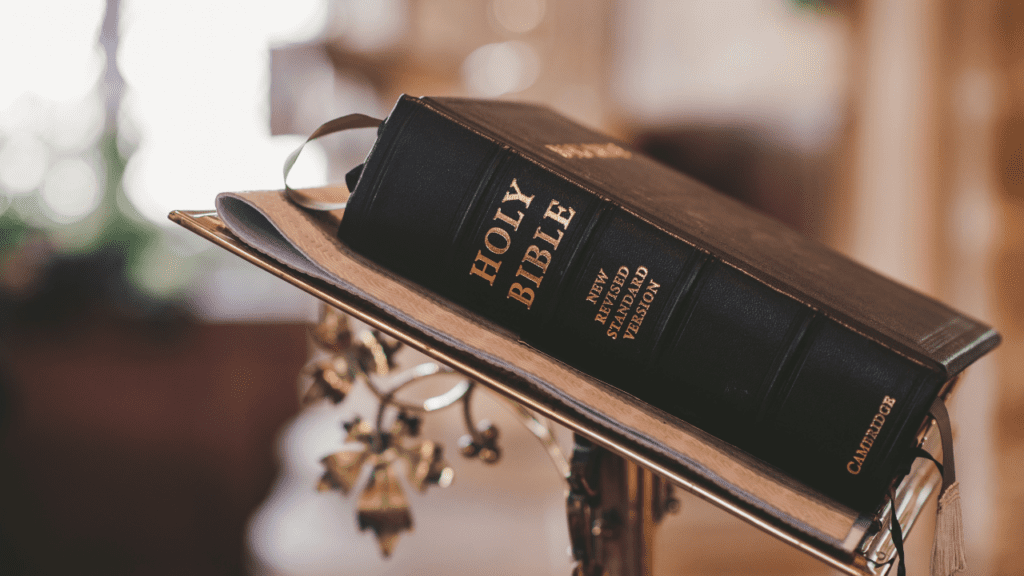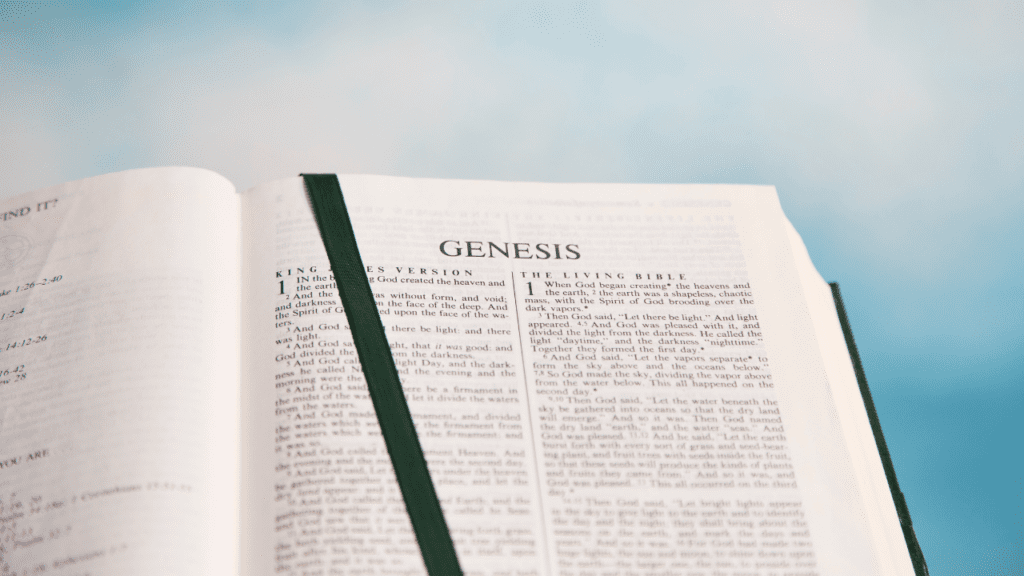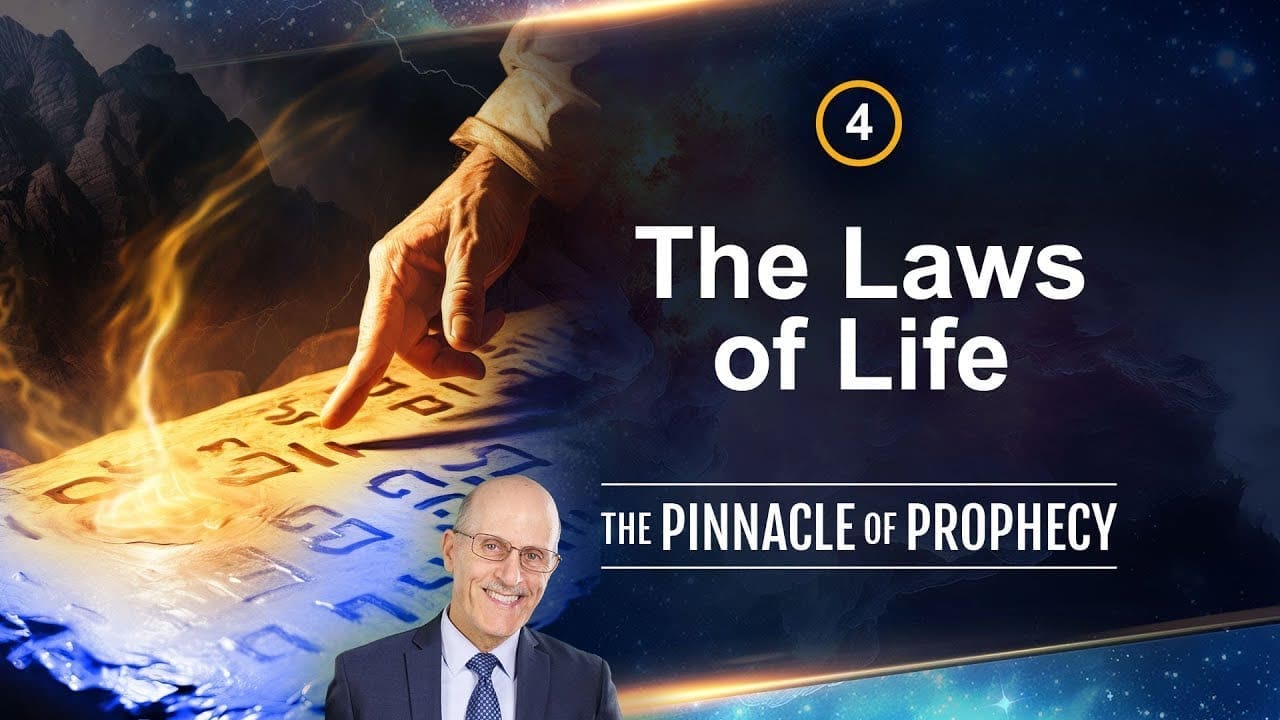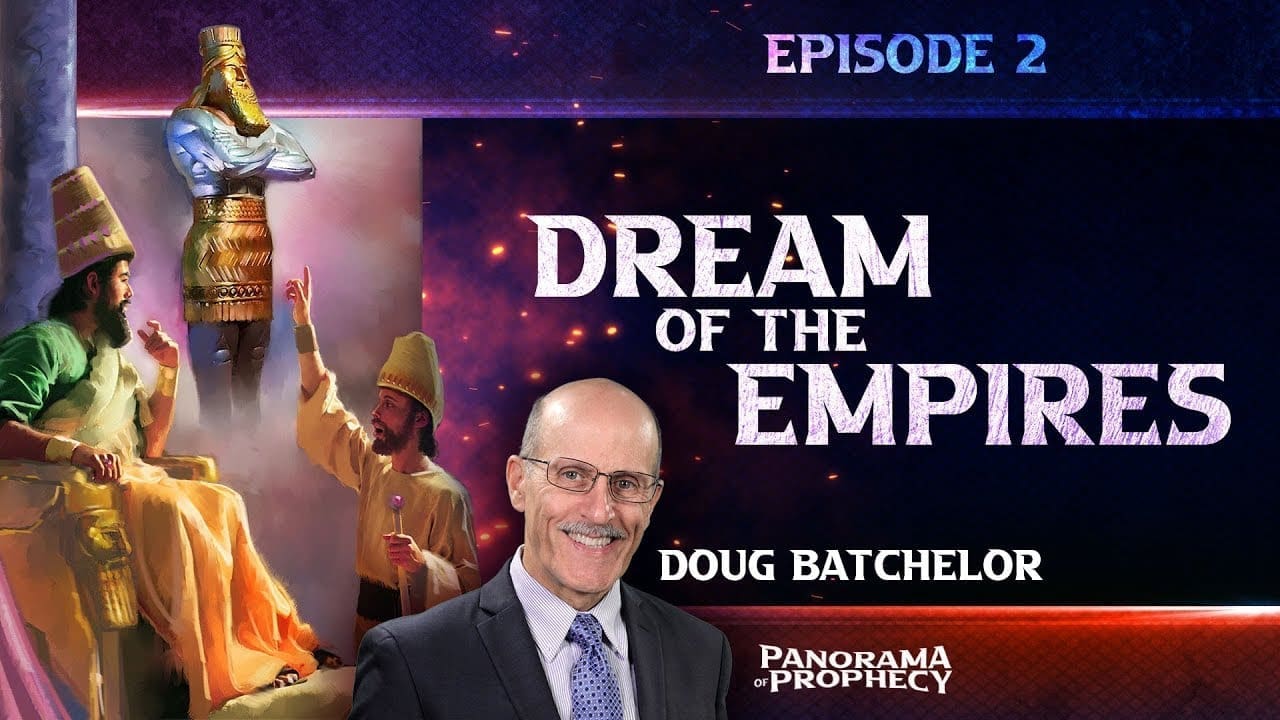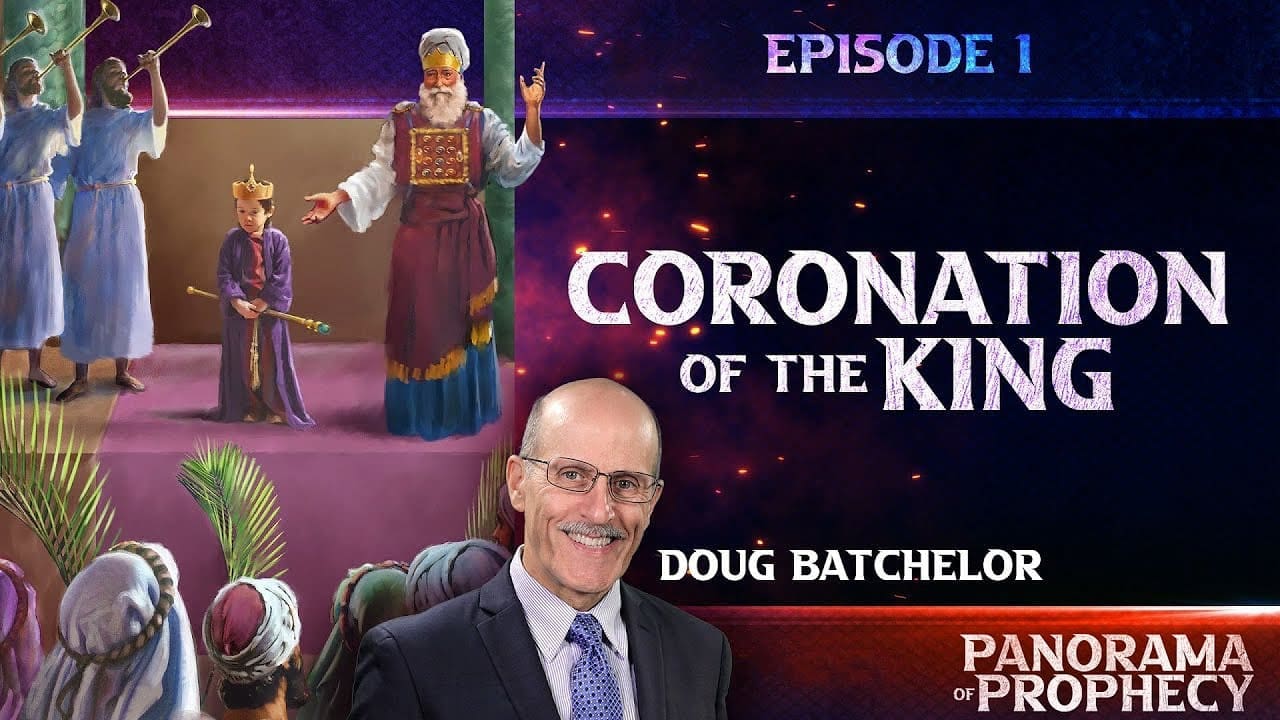Sunday worship has become deeply entrenched in Christian traditions across Catholic, Protestant, and Orthodox faiths. Despite its prevalence, few question its biblical basis today. However, Jesus warned about teaching human traditions and indeed, the observance of Sunday instead of Saturday, the biblical seventh-day Sabbath, is a man-made tradition.
The Sabbath, commanded by God in the fourth of the Ten Commandments, was established at the beginning of creation and reaffirmed later in the Ten Commandments. God designated the seventh day as a holy day of rest, emphasizing that He Himself rested on that day after creating the world in six days. The commandment explicitly states that people and their households should rest from work on the Sabbath day.
So why do most Christians disregard this clear commandment?
Several reasons are commonly given to justify not keeping the seventh-day Sabbath:
- Some claim that Jesus abolished the Ten Commandments.
- Others argue that Sabbath observance is legalistic.
- There is a belief that Sabbath observance was part of the ceremonial law, not the moral law.
- Some propose that the Sabbath was changed to Sunday after Christ’s resurrection, or that the apostles themselves made this change.
However, a recently resurfaced document, presented as a full audiobook, reveals that these claims and others have been refuted by Christians as early as the 17th century. The book, “THE DOCTRINE OF THE FOURTH Commandment, Deformed by Popery,” written in 1650 by James Ockford, one of the founders of the Seventh Day Baptists, provides a thorough scriptural, argumentative, and reasoned defence of the seventh-day Sabbath.
Ockford’s work, spanning approximately 18,000 words, demonstrates that God’s commandments, including the Sabbath, are still applicable to all people, not just the Jews. He refutes the notion that Sabbath observance is legalism and establishes the immutability and eternal nature of God’s moral law.
Furthermore, Ockford traces the historical change in Sabbath observance, pointing out that the Roman Catholic Church, along with Roman Emperor Constantine, introduced an unauthorized shift from the seventh-day Sabbath to Sunday. The historical evidence supports this change, which was not based on any scriptural mandate.
Ockford courageously responds to this change, lamenting the teachings that advocate Sunday observance in contradiction to the biblical Sabbath. He challenges the claim that Jesus and His apostles instituted Sunday as the new Sabbath, emphasizing the absence of any scriptural support for this assertion.
Ockford’s treatise was met with opposition, leading to his excommunication and imprisonment. Nearly all copies of his booklet were destroyed, except for one preserved at Christ Church in Oxford, England. However, his dedication to upholding God’s commandments and the truths he unearthed have inspired millions to embrace the seventh-day Sabbath.
God’s Word, as Ockford believed, remains unchanging and eternal. The truths he uncovered in Scripture continue to bind believers today, just as they have for centuries. Each individual has the freedom to either deny or embrace these truths. The choice lies with each person.
To understand the importance of honouring the seventh day as a holy Sabbath, an article titled “Sabbath Observance Honours the Creator” is available for further exploration.
Article contributed by Clifford Goldstein.


